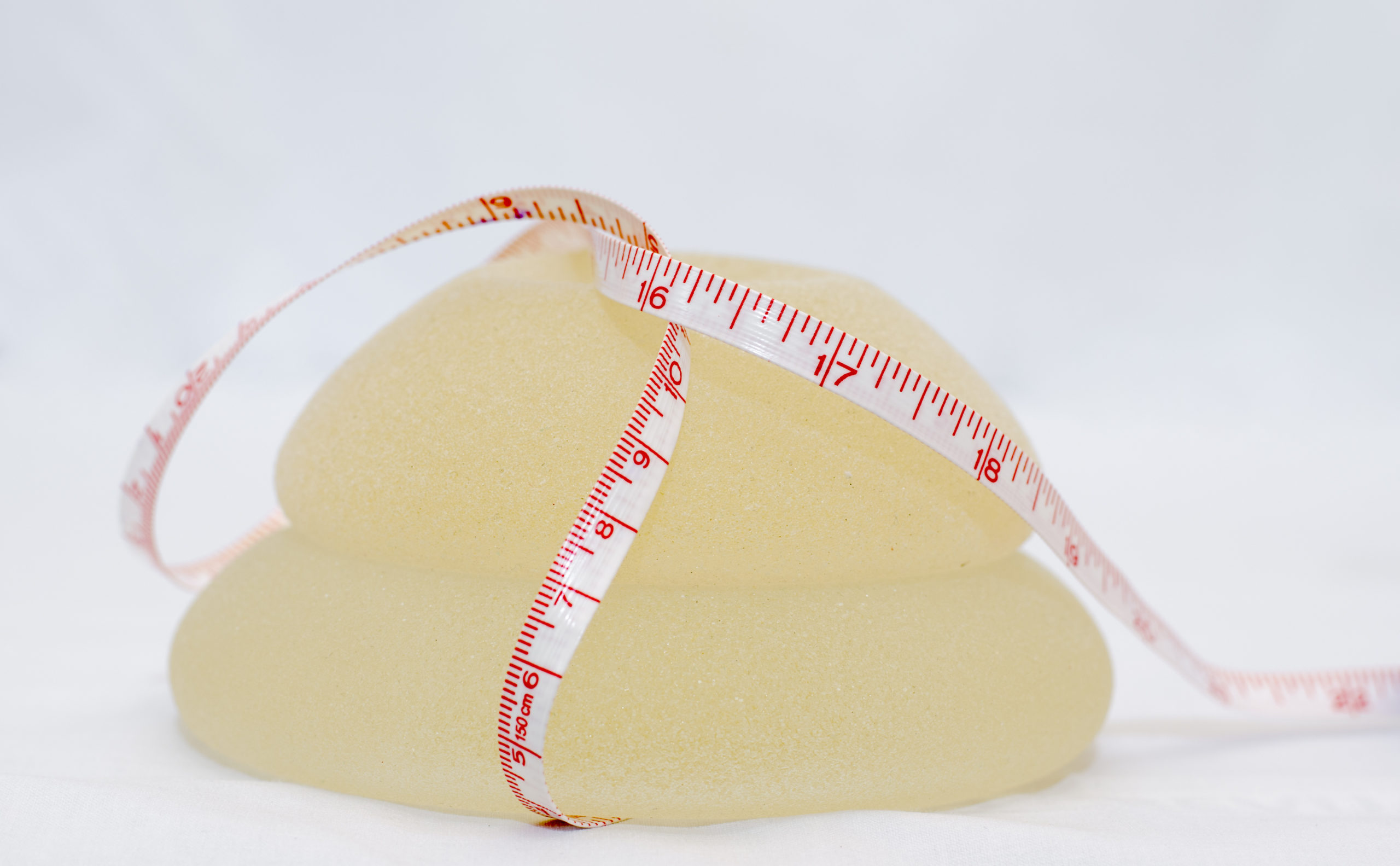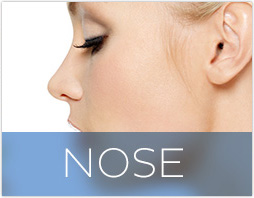
There are many treatments available to nasal septum puncture. We will be discussing non-surgical and surgical options. Side effects are also discussed. We'll also discuss the options for antihistamines as well as whether surgery is an option. If you are looking to avoid surgery, a home remedy is an excellent option. You can consult a doctor if you're not sure which treatment is best for you.
Non-surgical treatments
You may wonder what the best treatment for a hole in your nose septum? Some people experience no symptoms. Others may have bleeding and scabbing. Non-surgical treatments might be best for you if you experience any of these symptoms. Here are some common treatments for nasal septum damage.

Options for Surgical Treatment
Nasal septum perforations can also be treated surgically. These techniques aren't ideal, however, because they may result in infection or bleeding. The perforation may also re-open and require another surgery. Therefore, if you're looking for an effective home treatment method, you should discuss your options with your doctor. Below are the pros and cons for each type of surgery.
Side effects of surgery
One may experience several symptoms when the nasal septum has perforated. This is the most common. However, large holes can lead to blood loss and crusting. Other conditions include chronic infections. Perforated septums may cause bleeding and crusting. This can make it difficult to breathe normally.
Antihistamines
It is not possible to use antihistamines per foration for nasal septum. In addition to preventing the inflammation and irritation caused by antihistamines, they may also cause a variety of side effects. Symptoms of antihistamine use include sore throat, dryness of the nose, and even a whistling sound.

Steroid sprays
There are two basic types of treatment for nasal septum perforation: surgical treatment and topical ointments. While both are intended to relieve the symptoms of the perforation, the latter is more permanent. Before you start any treatment, talk to your doctor. Nasal ointments, if used properly, can keep the septum moist and regulate breathing. These ointments may contain ingredients that can cause harm to the body.